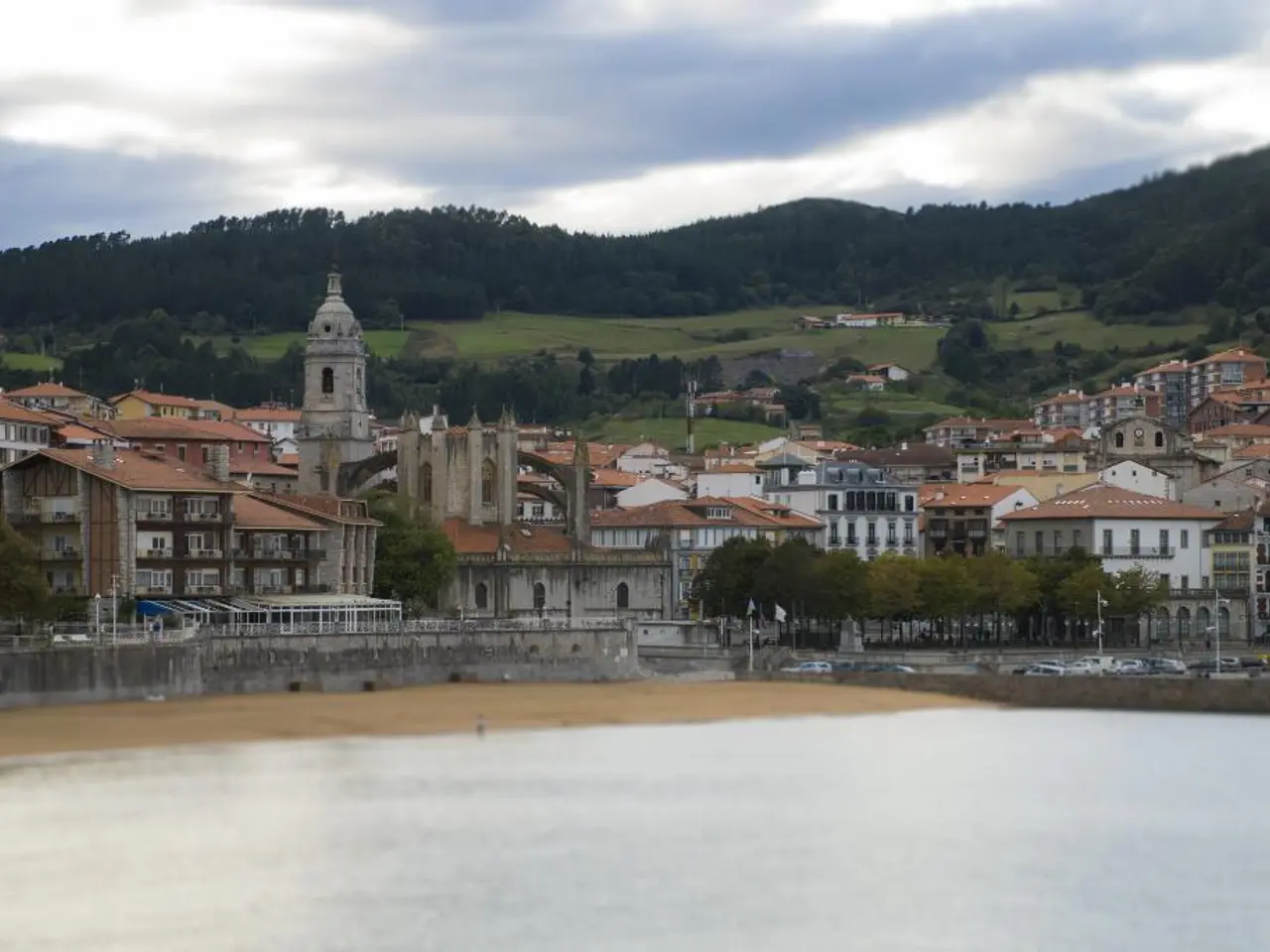Ascending Power within the Prime Minister's Office (PMO)
The Prime Minister's Office (PMO) in India, established at independence in 1947, was initially designed to coordinate government activities and provide administrative assistance to the Prime Minister (PM). The first PM, Jawaharlal Nehru, set the stage for a centralized but accountable administrative structure focused on developmental goals.
Over time, the PMO has grown in influence and control, particularly under leaders with long tenures such as Indira Gandhi and Narendra Modi. This centralization of power has led to significant impacts on democratic accountability.
Indira Gandhi's tenure saw the centralization of political power, often sidelining other institutions. Narendra Modi's administration marks a notable phase in centralization, with the passing of significant ordinances, the abolition of the Planning Commission and its replacement with NITI Aayog, and increased control over judicial appointments. These actions have diminished the independence of other institutions.
The expansion of the PMO's power has elicited critical debate. On one hand, a strong PMO can provide decisive leadership and coherent policy direction in a complex democracy. On the other, excessive centralization risks weakening the checks and balances essential to democratic accountability. This includes the autonomy of civil society, independent judiciary, and federal governance structures.
The increasing concentration of power in the PMO has been seen as reducing pluralistic debate and institutional resistance, thereby challenging traditional democratic accountability mechanisms in India. To address these concerns, measures such as institutional reforms, strengthening parliamentary committees, increasing transparency and accountability, and ensuring ministers have more autonomy in decision-making have been suggested.
In conclusion, the PMO's evolution reflects a movement from a coordinating administrative body post-independence to a potent center of power whose expansion, especially in recent decades, has significantly influenced India's democratic governance dynamics. This mirrors broader historical patterns of executive consolidation seen worldwide but gains particular significance given India’s status as the world's largest democracy.
- The expansion of the Prime Minister's Office (PMO) in India's political landscape has elicited critical debate, particularly concerning its influence on policy-and-legislation and democratic accountability.
- The PMO's centralization, as demonstrated in the tenures of Indira Gandhi and Narendra Modi, has resulted in a notable shift in general-news headlines, focusing on subjects such as ordinances, abolition of institutions, and control over judicial appointments.





